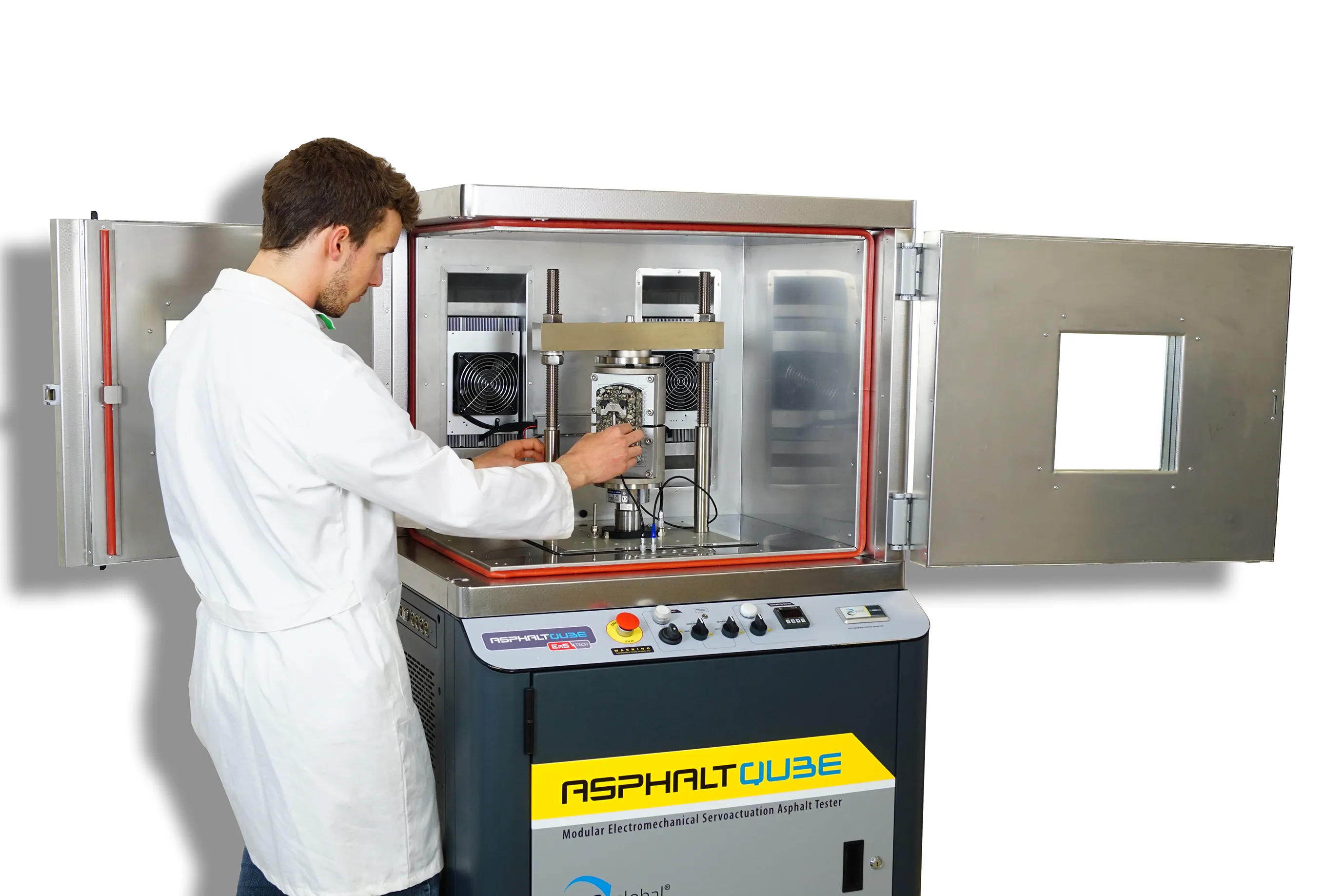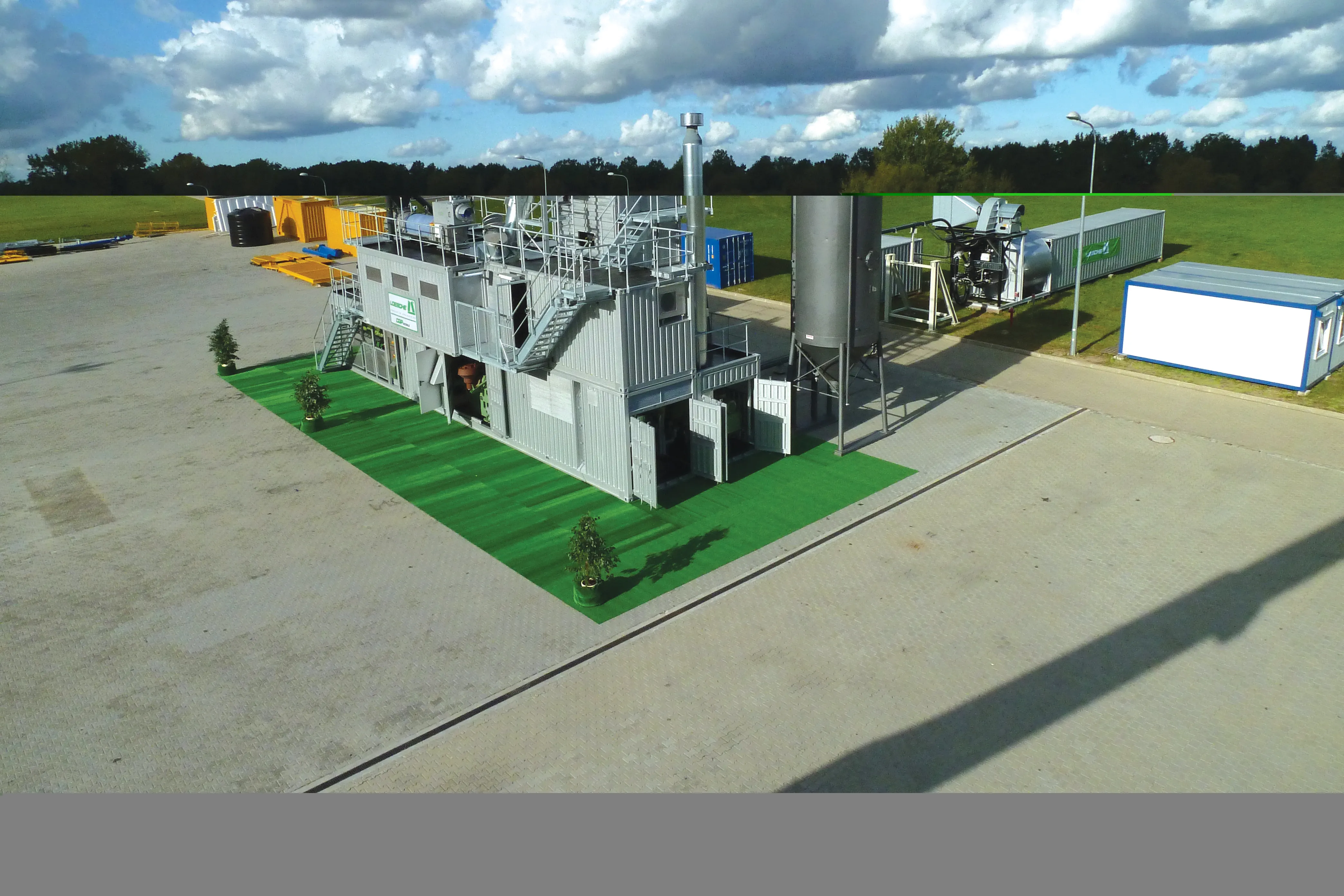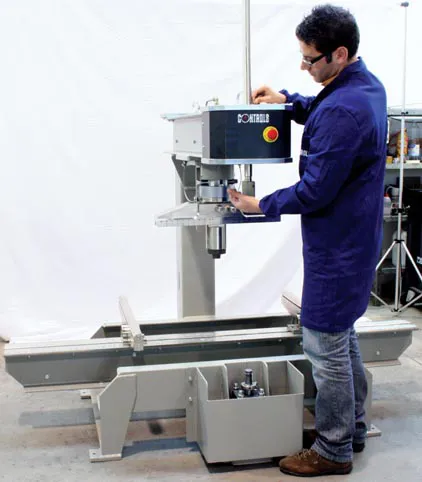
According to IPC Global, AsphaltQube allows all the most common international asphalt mixture standard tests in one compact, modular, easy to use machine. The design allows for total flexibility to suit each user's testing requirements. Individual test modules can be added to the base system separately as their testing requirements increase.
AsphaltQube is available with test modules including Four Point Bend, Trapezoidal Two Point Bend, Semi-Circular Bend, Indirect Tensile, Dynamic Modulus, Uniaxial fatigue - Tension Compression/Complex Modulus, Overlay, Compression, Cyclic Compression Triaxial and Small Diameter Dynamic Modulus and Uniaxial Fatigue.
The unit is suitable for both static and mobile testing facilities because of its compact size, according to IPC Global. The system comes with an environmental chamber enabling testing at controlled temperatures from 0-60°C. Also, the EmS technology requires no compressed air or hydraulic power supply and it delivers +/-15kN backlash free force with minimal noise.
Controlling AsphaltQube is IPC Global’s Integrated Multi-Axis Control System (IMACS).









